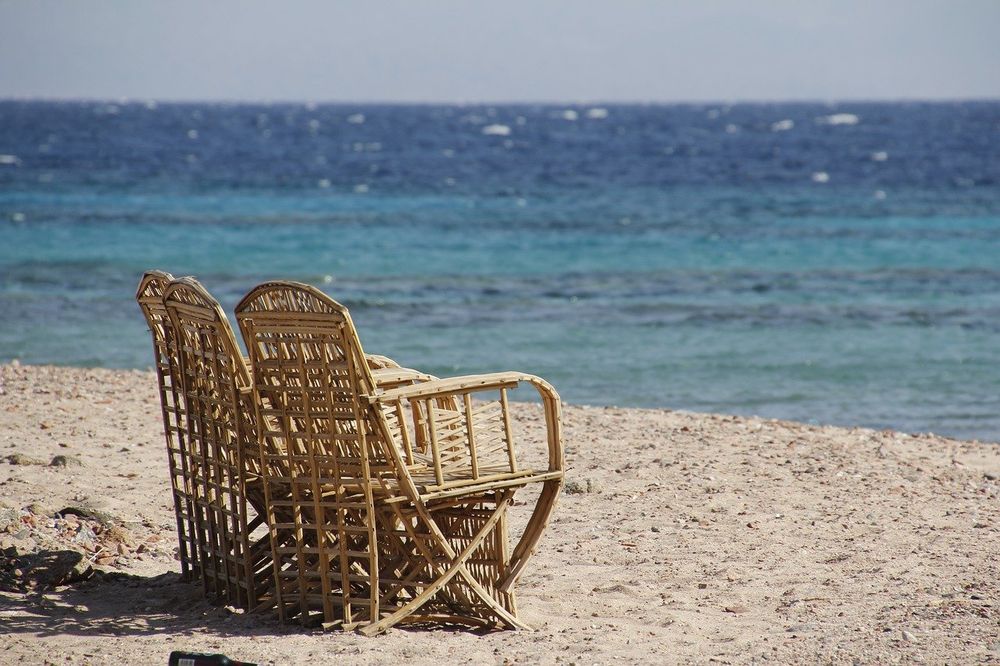Until independence from British colonial rule on 6 March 1957 , Ghana was known as the Gold Coast. The Portuguese were the first Europeans to arrive in the late 15th century. During the next 300 years, the Gold Coast became a major trading centre, mainly in gold and slaves. From the beginning of the 19th century, an increasingly assertive Ashanti kingdom drove out many of the European colonists. The important exception was the British who took control of the whole of the Gold Coast in 1874. The colony’s lands were supplemented in 1917 by parts of neighbouring Togoland. Together, these formed what in 1957 became the independent state of Ghana – the first British territory in Africa to be decolonized.
Under Dr Nkrumah, Ghana made rapid and remarkable progress in education, industrial and infrastructure development and in the provision of social services. At the same time, the country played a leading role in the struggle for the liberation of other African countries. However, Nkrumah’s growing dictatorial tendencies at home disaffected many, especially in the armed forces, leading to a coup in 1966. A pattern of fledgling civilian governments aborted by the intervention of the armed forces has dogged Ghana for much of the time since then.
There remain many traces of the country’s rich history. Ghana still boasts 42 European forts and castles including Elmina and Cape Coast Castles which are all recognised by UNESCO as World Heritage Monuments as well as sites of wars between the British and the indigenous population. Colourful traditional festivals full of pomp and pageantry with chiefs and queen mothers riding on lushly gilded palanquins can still be seen throughout the country while traditional open markets provide the sounds and sights of the African bazaar.
The country’s natural heritage is also very rich. A narrow grassy plain stretches inland from the coast, widening in the east, while the south and west are covered by dense rainforests which are being developed into nature parks, such as the National Park at Kakum, forecologically-minded tourists. Although Ghana’ s national parks and game reserves are relatively small compared to other African countries, species of antelope, monkeys, lions and elephants can be seen here. Birds and butterflies are particularly numerous in Ghana’ s forests. Ghana’ s coastline is dotted with sandy palm-fringed beaches and lagoons where water sports can be practiced.
